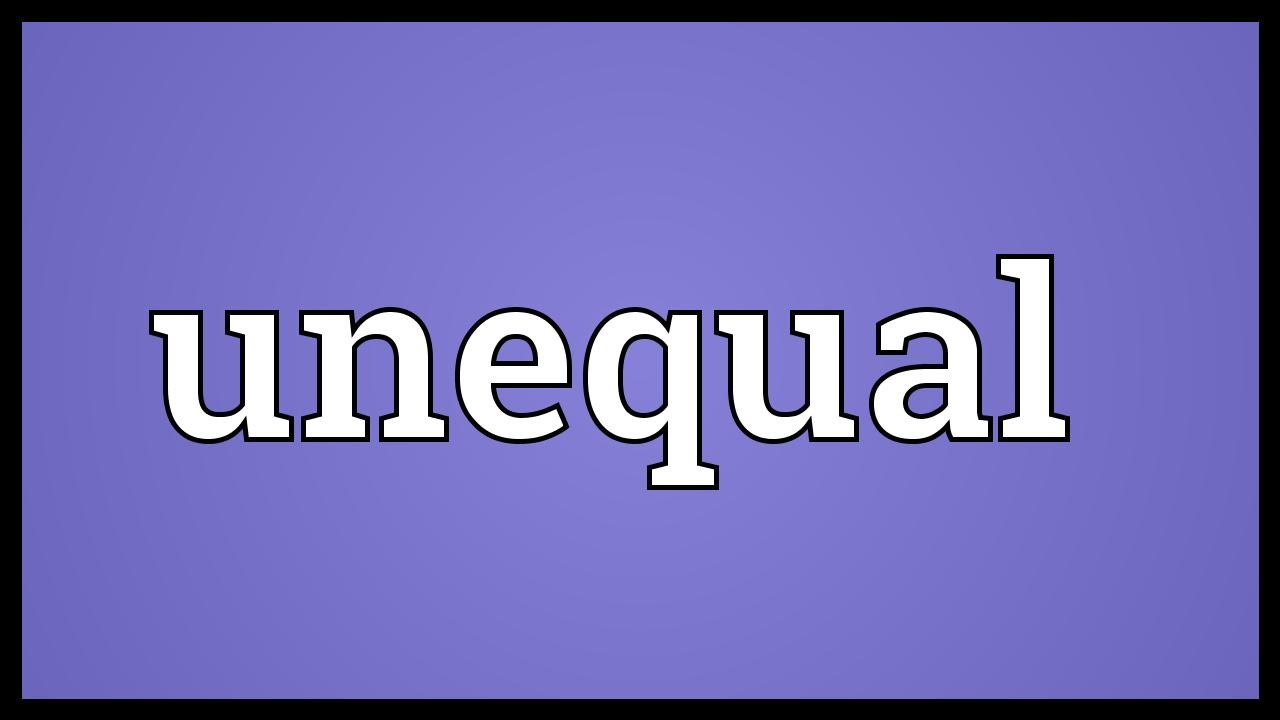I am in the process of putting together some statistics for a project I am working on and came across some deeply disturbing data from the Runnymede Trust that I am sharing in this Newsletter.
The Data
a) 46%
46% of ethnic minority children are living in poverty in Britain.
b) 10p
For every £1 of White British wealth, Indian households have 90-95p, Pakistani households 50p, Black Caribbean 20p, and Black African and Bangladeshi households have 10p.
c) 18x
Black people are 18 times more likely to be stopped and searched under Section 60 (part of the UK's Criminal Justice and Public Order Act 1994) than their white counterparts.
d) 1%
Fewer than 1% of students at GCSE level study a book by a non-white writer.
Economic Disparities
Looking at this data, we can draw several important inferences about racial and ethnic inequality in Britain:
First, the wealth gap data reveals stark economic inequality along racial lines. For every £1 of White British wealth, Bangladeshi and Black African households have only 10p - meaning White British households possess approximately 10 times their wealth. This suggests profound structural barriers to wealth accumulation for certain ethnic groups, which in my view reflects historical patterns of discrimination, differential access to opportunities, and intergenerational wealth transfer disparities.
Second, the fact that 46% of ethnic minority children live in poverty indicates that these economic disparities are not merely affecting adults but are creating significant disadvantages for the next generation. Child poverty has well-documented negative effects on educational outcomes, health, and future economic prospects, suggesting these inequalities may perpetuate across generations.
Criminal Justice Disparities
Third, the statistic that Black people are 18 times more likely to be stopped and searched under Section 60 than white people suggests significant racial disparities in policing practices. This could reflect institutional biases within the criminal justice system, as such a dramatic difference is unlikely to be explained by differential rates of criminal behaviour alone. This kind of disproportionate policing can create cycles of criminalisation and distrust between communities and law enforcement.
Educational and Cultural Representation
Fourth, in that fewer than 1% of students at GCSE level study books by non-white writers’ points to a curriculum that lacks diverse cultural perspectives. This has several implications: it may contribute to feelings of exclusion among minority students who don't see their cultural backgrounds reflected in educational materials, it may limit all students' exposure to diverse perspectives, and it suggests broader issues with representation in British cultural institutions.
Differential Patterns Among Minority Groups
Fifth, the wealth data also shows significant variation among different minority groups. Indian households have achieved relative economic parity (90-95p for every £1), while Pakistani (50p), Black Caribbean (20p), and Black African and Bangladeshi households (10p) face much greater disparities. This suggests that the experiences of ethnic minorities in Britain are not monolithic and that different groups face different barriers or have different resources for economic advancement.
Interconnected Systems of Disadvantage
Taken together, these statistics suggest interconnected systems of disadvantage. Economic inequality, educational representation, and criminal justice disparities likely reinforce each other. For example, poverty may affect educational outcomes, limited education affects economic opportunity, and disproportionate policing can disrupt communities and create additional barriers to economic advancement.
These inferences point to deeply embedded structural inequalities rather than isolated problems, suggesting the need for comprehensive approaches to addressing racial and ethnic disparities in British society.
Shocking
I am most shocked by the 1% statistic. Given the abundance of books, plays, papers and articles written by Black, Brown and other non-white writers, this seems to me to be an appalling indictment of UK society that along with the child poverty data sets up the next generation for more of the same.




